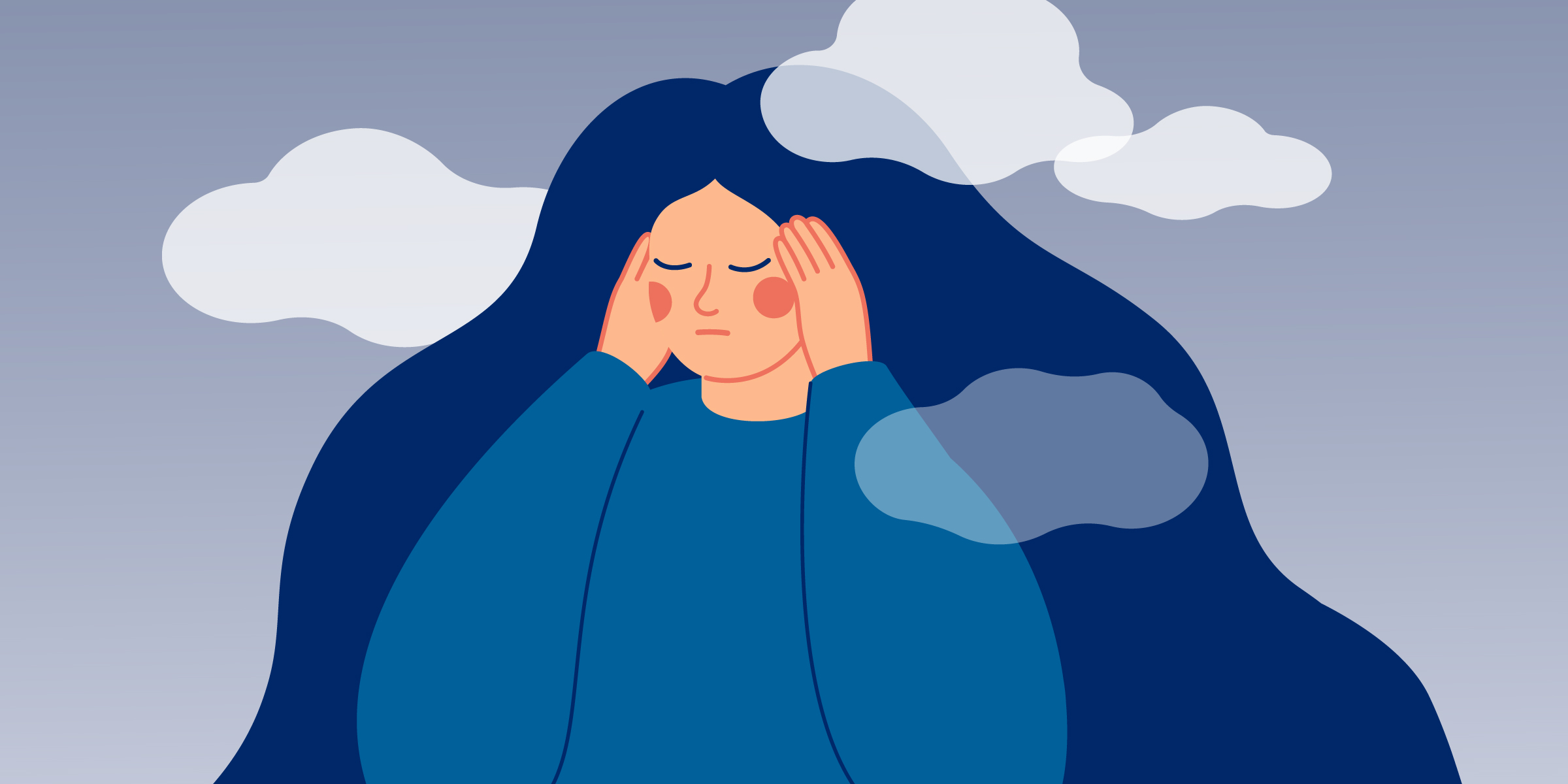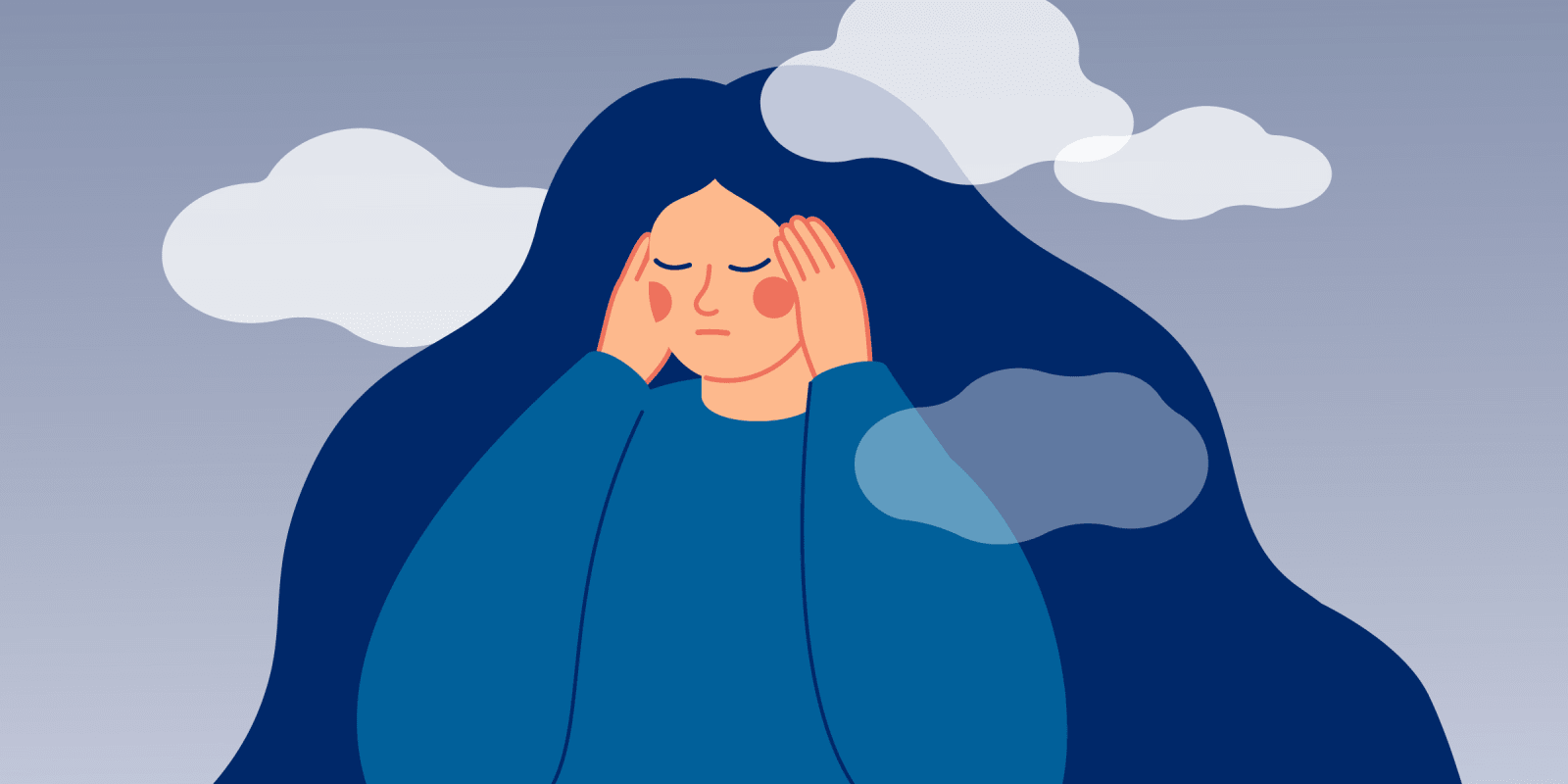
As my intern year came to an end, that sigh of relief, the one that I had so anxiously anticipated letting out all year, stayed stifled within me. The thought of becoming a senior caused me to gulp in another large breath until I felt my chest tighten up. Anxiety does that. It’s heavy, chains you down, and often suffocates you. There is no end to it because when one anxiety-provoking chapter ends, another begins.
Growing up, I always had moments of excessive anxiousness. The kind that festers in your mind 10 hours longer than it should. The feeling that makes you lose your appetite and sleep. It reminds you that you are so very imperfect. In the past, it was always a temporary anguish — lasting a day or two at the most. It had a definitive start and end, and I always had the comfort in knowing that I could collect the anxiety into a bag, tie it up, and throw it away.
It was not until I matched into residency last year that I realized how uncontrollable my anxiety was. No matter how much I tried to collect the anxiety to dispose of it, I felt incapable of doing so. I would instead spill it all around me and create a greater mess. I would then attempt to live with it, but even this was unsuccessful. If you are acquainted with anxiety, you know it does not like to share space. Other emotions like happiness, confidence, and self-love cannot coexist — at least not fully. It reminds you that for every one thing you do right, there's another 101 things that were wrong. For example, a superior might say, “You caught that AKI, but how did you miss the two-point drop in the hemoglobin?” It reminds you that the imposter syndrome everyone talks about during the beginning of residency is not only real, but it can define a major part of who you are.
One year later, I feel even more like an imposter — how could I be capable enough to be a senior resident? There was some comfort in being an intern, I felt halfway OK — because anxious minds are never entirely OK — not knowing all the answers and having less responsibility. Now, I have to balance the anxiety of everything I do wrong with the anxiety of knowing everything. After all, I will soon have medical students eager to learn from me. Even more stressful, as I am no longer an intern, I cannot run to my resident to help me with sick and crashing patients. My patients are now my responsibility.
Anxiety has devalued a lot of what I have learned this past year. It created a burden of doubt, making me believe that I am not a competent physician. It also created unrealistic expectations that, as a team leader, I needed to know and do everything. I know this is all untrue and ridiculous, but why do I let anxiety convince me otherwise? Likely it's because I give it the freedom and importance to do so. This very article is evidence of it; I have written about anxiety, I have put it on a pedestal and given it its own identity. Anxiety is the star of my life, and until I learn to take control of my life, I will never be free. In order to be a good resident, and more importantly, to be a happy human being, I need to let the real me — not my anxiety — shine.
Spandana Thenkabail is a soon-to-be second year internal medicine resident in Washington, DC. When she is not overthinking, she likes to bake, do hot yoga and spend time with her fiancé. She is also passionate about global health and mental health.







